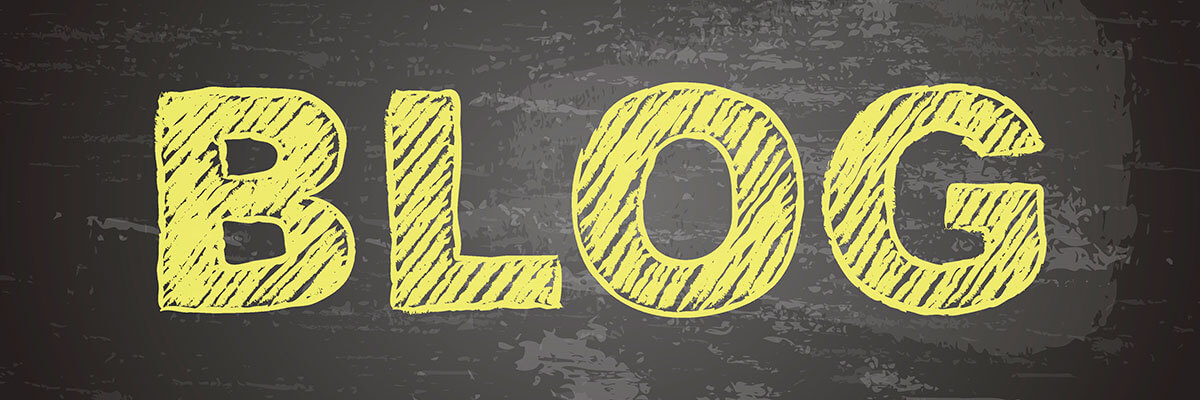How to Protect Your Establishment Against Transmission
Professional cleaning and disinfecting services have never been more important than in our stricken world. Now, more than ever, people realize the invisible threat of bacteria, germs, and viruses. As businesses seek to reopen, and individuals seek to regain normalcy in their day-to-day, you may be questioning your regular office cleaning practices. Is the way you clean effective?
In this blog, you'll find out.
Prestige Janitorial Services is the premier cleaning company in the area, and below, we're sharing the top tips you need to clean your office space like a pro!
Cleaning Vs. Disinfecting
What's the Difference?
One of the subjects we've discussed a lot with our clients recently is the difference between cleaning and disinfecting. Spoiler alert: they're not the same.
Cleaning refers to the removal of germs, dirt, and other impurities, usually by non-chemical products like soap and water. Disinfecting, on the other hand, refers to the killing of germs and bacteria with the use of registered chemicals.
Now, it's important to highlight that simply because disinfection kills germs, doesn't make disinfection preferable to cleaning. For the best results, the practices of cleaning and disinfecting should be combined. Cleaning on its own will remove some germs, but not all of them. Similarly, disinfecting a dirty surface won't kill all contaminants either, since germs can hide underneath dirt. An ideal cleaning program will consist of cleaning and disinfecting, in that order.
For the Best Results, Follow the Cleaning Product Labels
Always Read the Fine Print
All disinfectants are not created equal. Cleaning and disinfecting products come with a specific set of instructions on their product label, and we highly recommend using them. In many cases, people misuse disinfectants. In a best-case scenario, the incorrect use of cleaning products is ineffective. For example, if you don't allow adequate contact time, you may reduce a disinfectant's efficacy. In a worst-case scenario, however, misusing chemicals could be lethal. You might think that mixing two cleaning solutions together would double the cleaning power, but in reality, you're causing an unknown chemical reaction that could have devastating implications.
Remember, many common household cleaning solutions, like bleach, are hazardous. These products need to be handled for what they are: chemicals that can have dangerous consequences.
We cannot emphasize this enough: always follow the product label when cleaning.
Cleaning High-Contact Surfaces
Touch it, Clean it
If you're on a time crunch and a deep clean just isn't feasible, your first priority should be sanitizing high-contact surfaces. Anything that's touched frequently-especially by multiple people-should be thoroughly disinfected because our hands are one of the easiest ways to pass on germs.
Some examples of high-contact surfaces include:
- Doorknobs
- Elevator buttons
- Light switches
- Thermostats
- Handrails
- Drawer pulls
- Toilet handles
A good general rule is to disinfect these surfaces at least twice a day, plus whenever they're visibly dirty.
The upside is that this task is relatively quick and easy to do. We recommend placing a few bottles of disinfectant wipes (preferably with an alcohol content of at least 70%) around your office and taking 30 seconds every now and then to wipe down these surfaces. Encourage your staff to use them as well. Disinfectant wipes are useful in cubicles, on keyboards, touch screens, phones, and many other surfaces. For extra protection, strategically place bottles of hand sanitizer near entryways. If your customers and employees sanitize their hands before touching a doorknob, the risk of transmission is even smaller.
Routine Cleaning and Disinfecting
A One-Time Clean Won't Cut It!
We all know the feeling of satisfaction after having spent hours of hard labor cleaning your property. You scrubbed the floors on your hands and knees. You lugged the ladder back and forth to dust hard-to-reach areas. You cleaned your space well-and now you won't have to think about cleaning for at least another month. Right? Wrong.
The key to minimizing the spread of infectious diseases is regularity. Cleaning well isn't enough. You need to clean well, and clean often. It's entirely possible that ten minutes after you've cleaned your retail space, an infected customer walks through your doors, touches your products, sneezes, and in two minutes, effectively undoes two hours of cleaning. To maintain a hygienic indoor space, cleaning on a routine basis is essential.
Consider Your Own Safety While Cleaning
Use PPE Whenever Possible
You're cleaning your facility to protect your employees and customers. It's a considerate act, and we applaud you for putting in the time and effort for the well-being of others. While your cleaning will benefit your staff and clientele, we advise you not to neglect your own safety. Whenever possible, wear a mask and disposable gloves. These simple and inexpensive PPE items are a fantastic way to avoid unnecessary contact with germs as you remove and kill them from room to room.



